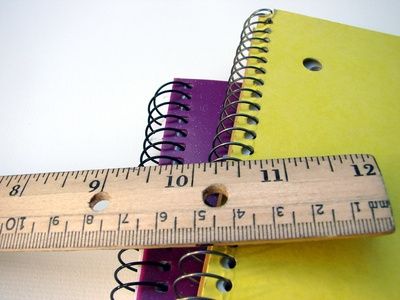At School In Sudan
I finally hand out school supplies today to impoverished elementary school girls, near Dilling University. It’s a dirty school that’s falling apart but smiling, laughing girls look at us from the windows and mill around us in the yard. I hope we can help them with more supplies. I s this the correct way to go about helping? I’m not sure. But it feels good. The principal is pretty emotional.
I am embarrassed because he thanks me as if it’s all my doing and it isn’t. I have to go back this afternoon to hand out the supplies. I don’t want to – do not want to hand out one little crayon or pencil or something to one kid. They should keep the supplies in a cupboard and dole them out as needed. We give them painfully little. It hurts to watch their gratitude. I hope my friends will help out.
These first supplies, probably three to four cardboard boxes, consist of the simple things needed by students: paper, pens and pencils, erasers, and so forth, and were left in our storage container by, I think, the previous Canadian UNMOs who had run out of time. In our military observer team, only the Canadians and the Dutch are fortunate enough to have had their militaries organize mail delivery service and it’s huge for morale. However, the Canadians are restricted in what can be sent via the Canadian Forces postal service because priority is given to military equipment over personal things. So humanitarian supplies are a no-go, although we are able to sneak some through, thanks to family and friends. Success.
Every day, we see the children walking to school. Every school – boys and girls are segregated – has its distinct uniform and always these uniforms are clean and pressed. I see multiple children on one bicycle. I see little girls walking to school with plastic chairs from home balanced on their heads, because their school has no furniture. I see older girls laughing and giggling with their heads together. If I close my eyes, these could be the sounds of children in any school in Canada. The problem is, I can’t close my eyes.
A marked difference is the family of nine that hangs around outside our camp fence. Every morning, as the sun rises, they arrive, ready to collect the empty plastic bottles we’d thrown over the fence for them. Occasionally the mother is with them, always pregnant, always smiling.
Where do they live? What do they do with the bottles? How can they stand the heat out there in the open? Why are they always laughing and smiling? Why are they so amazed that I befriend their dog, Boutros? We give them old clothing and other items, which we are fairly certain they will sell in the market.
Back to the plastics, that wonderful legacy left to the Sudanese from the western world. The plastic bag and the plastic bottle are the most obvious and enduring legacy of the modern world. They’re left to lie everywhere, collecting on fences, in corners and in piles of dirt.
The other legacy of Sudan, the children, are its future. But this sad country with its wonderful children needs help. Nobody could visit and not feel the way I do. I call it happy-sad. Their huge white-toothed smiles, which light up their faces, make you happy to see, yet also make you incredibly sad.




















